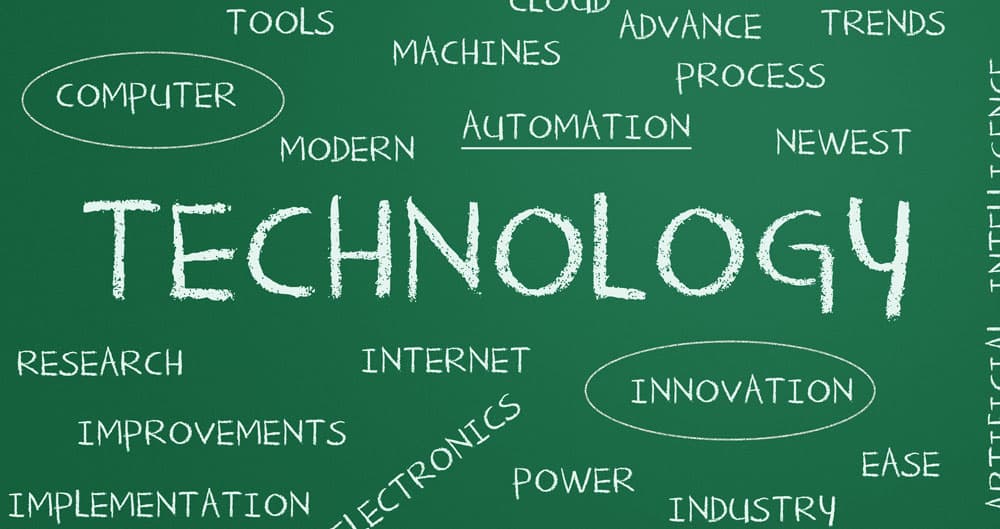Automic Software’s Gerald Carroll outlines how businesses can navigate the future with automation.
The last five years have been marked by multiple, massive, technology-driven transformations that are shaping and reshaping the way to we work, live and play.
Trends such as mobility, big data, and SaaS are driving increased customer expectation, and as a result, the role of the CIO is shifting from managing internal software to transforming the business.
From XtraVision to Eason’s, BlackBerry to Kodak, the sheer pace of digital has no respect for reputation and past glories, and every CIO is being called upon to transform the way their company does business.
Applications are the business
The rise of mobility has ushered in a new era of computing – the era of the app economy. Gartner predict that that the Internet of Things will include 26 billion units installed by 2020, all connected to an app on a smartphone.
The Internet of Things and the app economy will have a transformational effect on business. As one industry observer put it, ‘where previously businesses ran on applications, today applications will be the business’.
With the rise of mobility and the Internet of Things comes the need to process large quantities of data, and act on them in real time. It’s no surprise that the cost of data warehousing has come under scrutiny, and tools such as Hadoop and MapReduce are coming to prominence – they represent the future of computing.
CIOs can be forgiven for thinking – ‘I didn’t sign up for this’. Many of them have built their careers on the management of internal IT infrastructure.
Today they are responsible for ensuring that applications deployed are secure, do not compromise enterprise security, and protect consumer privacy, do not drive up total cost of ownership and processing vast amounts of data.
Distributed architecture
The sheer volume of data being processed will mean that enterprise will need to open, onboard and load-balance data from several locations in real time.
As applications become the business, the role of CIO will come under intense scrutiny – with CIOs charged with not merely managing the complex transition to a distributed environment but the transformation of the business to compete with the competition.
In this context, automation will become a critical enabler – in sifting and sorting large volumes of data for selective backup, processing data for real time decision making or managing complex deployments across data centres.
From pockets of automation to a holistic approach
Traditionally, business leaders have approached automation from an ad-hoc ‘pockets of automation’ perspective. This ad-hoc approach, often including hard-to-maintain scripts to solve point problems, will come under increasing strain when faced with volumes of data that it was never intended to handle.
Forward thinking organisations are looking towards automation platforms that enable them to automate all data processing from a single platform to meet business needs. By doing this, automation can play a key role in reducing business complexity, enabling the business to run faster and securing compliance.
Gerald Carroll is country manager for Ireland at Automic Software, the largest independent, globally deployed automation platform which powers enterprise, application and infrastructure processes.






